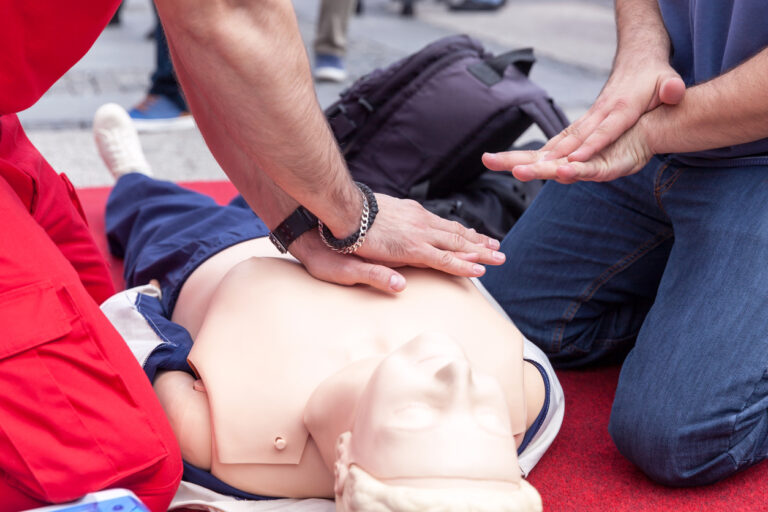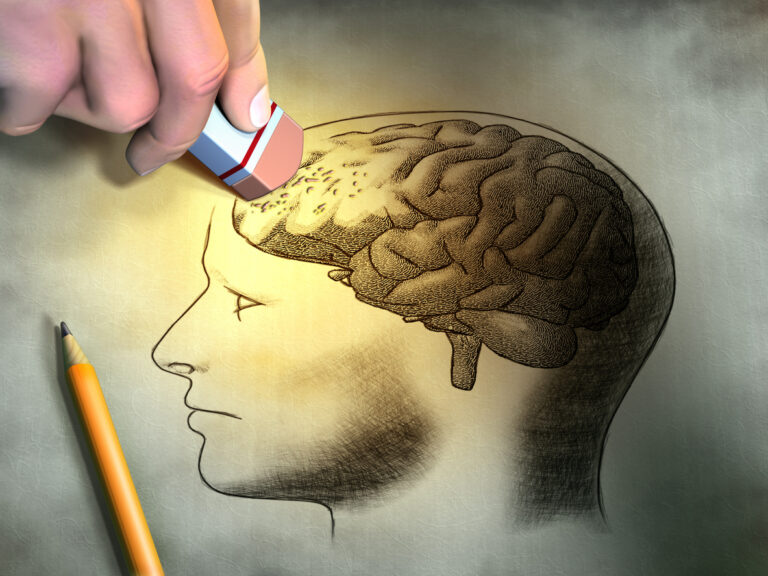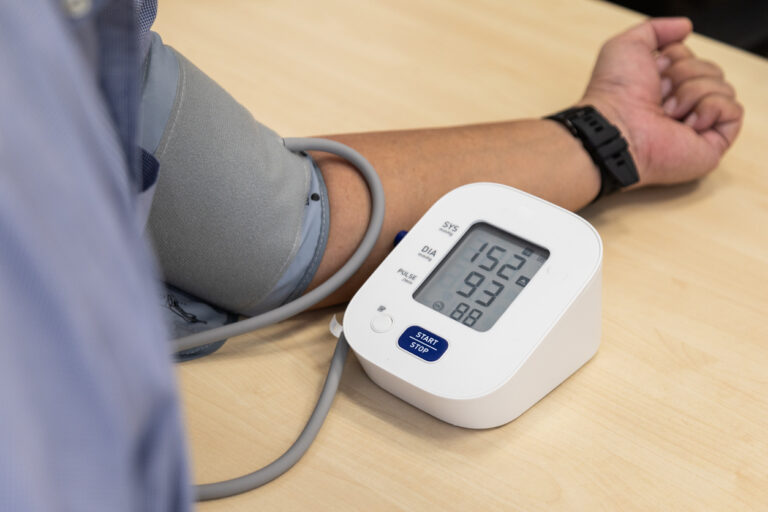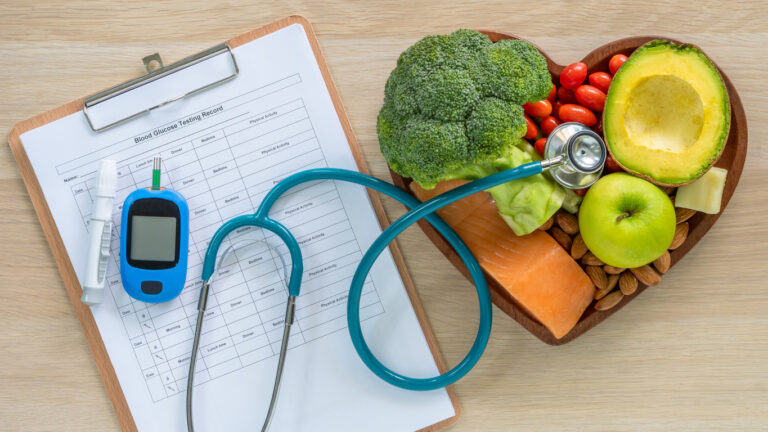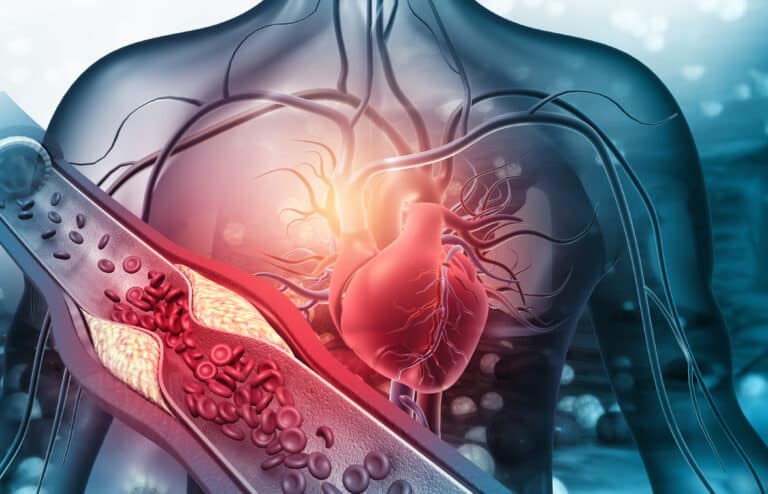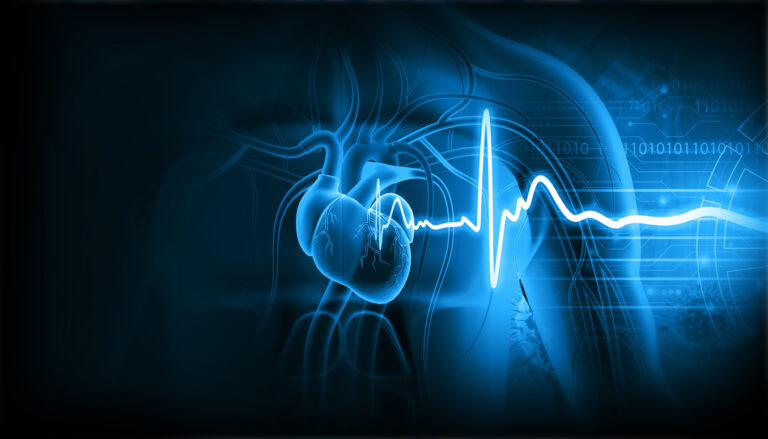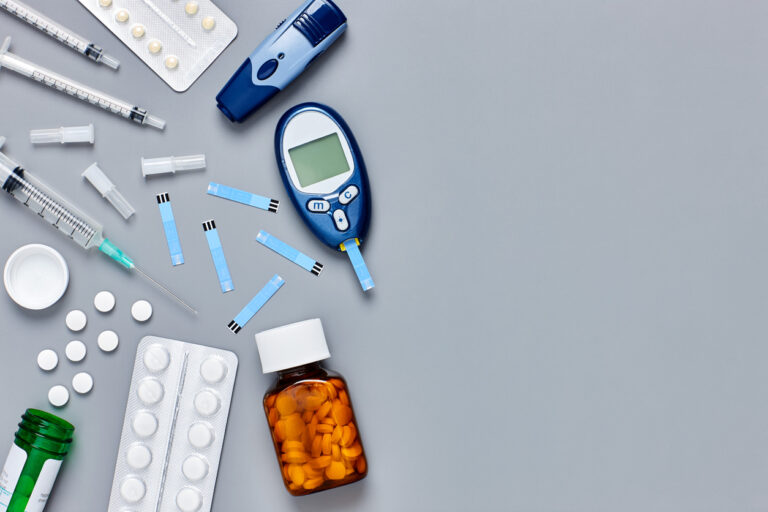
Barcode scanning helps meal planning
When doing the weekly shop, most of us opt for the same items week on week, often out of habit or because we are too time-poor to really think about what we are putting in our baskets. Designed to help us make healthier choices, the NHS has launched a food scanner app, which not only
